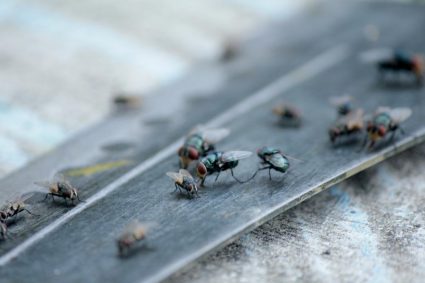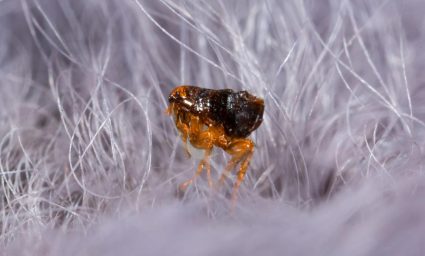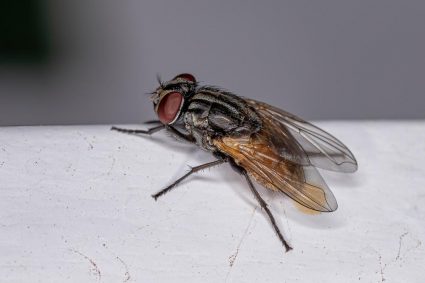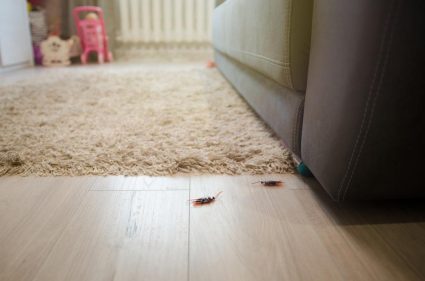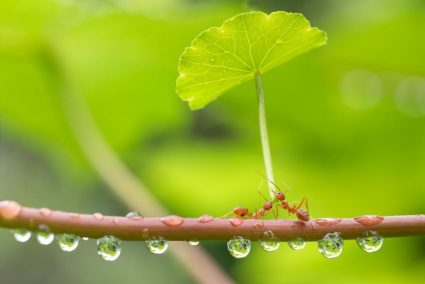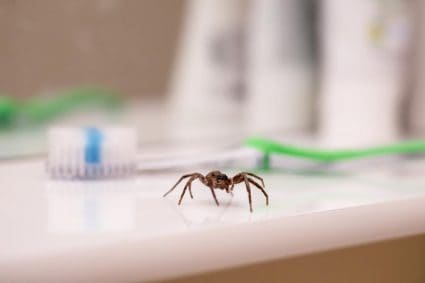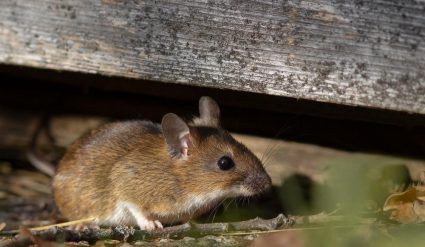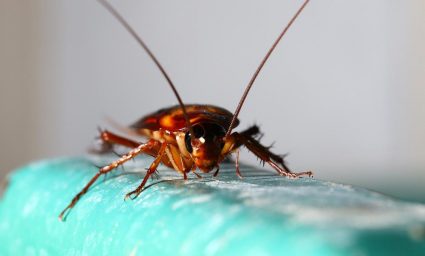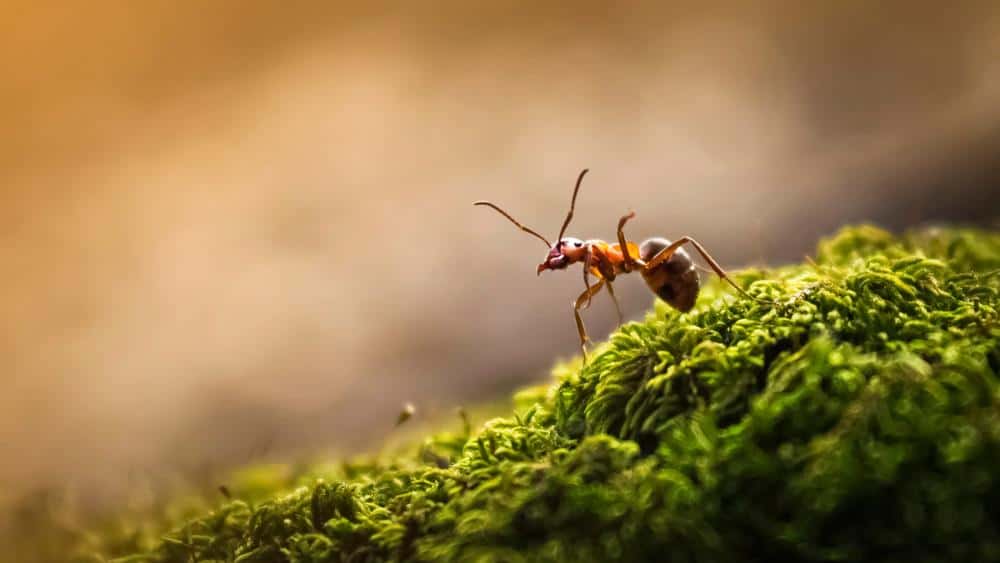
Flying ants, while harmless, can be a nuisance when they swarm during their mating season in the summer. An infestation of these winged ants can be an annoying experience and can disrupt your peace and comfort. If you’re struggling with an infestation or want to prevent one, you might be asking yourself, “What keeps flying ants away?” This comprehensive guide will answer that question and more, providing you with an array of solutions, from natural remedies to commercial products and preventive measures.
Keeping flying ants away can be achieved through a combination of natural repellents, commercial products, and preventive measures. Natural repellents include essential oils, vinegar, aromatic herbs, spices, boric acid, and dish soap. Commercial products like insect killer sprays and ant baits can also be effective. Preventive measures include keeping your home clean and free from food residues, sealing cracks or gaps, and regularly inspecting and repairing any decaying wood. If an infestation occurs, immediate action is required, and professional pest control services may be necessary.
Understanding Flying Ants
Let’s start by understanding the characteristics and behaviors of flying ants. These are the sexually mature males and queens of various ant species that take flight during mating season, typically in the summer. They have elbowed antennae, a narrow waist, and hind wings smaller than their front ones. Queens are larger than male flying ants.
They swarm during hot summer weather, which helps protect them from predators and increases their chances of finding mates. This swarming behavior is triggered by environmental cues such as temperature, humidity, and daylight hours. Despite their intimidating appearance, flying ants are generally harmless and focused on mating. However, they can be annoying, particularly when they invade your home.
Natural Repellents Against Flying Ants
There are several natural strategies that you can employ to keep flying ants at bay. Here are some effective options:
- Essential Oils: You can dilute peppermint oil, clove oil, citrus oils (such as lemon or orange oil), or other strong-smelling oils with water and spray them in areas where you want to deter flying ants.
- Vinegar: A solution of vinegar and water can repel or eliminate flying ants.
- Aromatic Herbs: Planting herbs like lemon balm, peppermint, and lavender around your garden bed or house’s border can deter flying ants.
- Spices: Sprinkling cayenne pepper, cinnamon, or other strong-smelling spices around your plants and yard space can keep flying ants at bay.
- Boric Acid: This can be mixed with a sweet substance like honey or sugar to create a bait trap that can help eliminate ant colonies.
- Dish Soap: A mixture of dish soap and water in a spray bottle can be sprayed on flying ants to dehydrate and kill them.
Remember to reapply these natural repellents regularly to maintain their effectiveness. Moreover, it’s essential to keep your home clean and free of food debris to minimize ant attraction.
Commercial Products to Repel Flying Ants
If natural solutions don’t seem to be working, you may want to consider some commercial products. These products have been proven effective in repelling flying ants:
- Stem Bug Killer Spray
- Wondercide Indoor Pest Control Spray
- Raid Multi Insect Killer
- Terro Liquid Ant Baits
- Ortho Home Defense Insect Killer
- Mighty Mint Insect and Pest Control Peppermint Oil Spray
These products are available in most supermarkets and online retailers. Remember to follow the instructions on the packaging for the best results.
Preventive Measures Against Flying Ants
Prevention is always better than cure. To prevent a flying ant infestation, ensure that your home is clean and free from food residues that might attract them. Seal any cracks or gaps that might serve as entry points for these insects. Regularly inspect and repair any decaying wood, especially near ground level, which can be prone to rot.
What to do in Case of an Infestation
If you already have a flying ant infestation, you need to take immediate action. Identify the insects to ensure they are flying ants and not termites. Find and eliminate the colony, not just the flying ants you see. Use DIY solutions like a dish soap solution or a homemade borax ant killer. Maintain cleanliness in your home and seal any entry points.
If the infestation persists, don’t hesitate to contact a professional pest control service to handle the situation.
Final Thoughts
Dealing with flying ants can be frustrating, but with the right knowledge and tools, you can keep these pesky insects at bay. Whether you prefer natural remedies, commercial products, or a mix of both, the key is to be proactive and consistent in your efforts. And remember, if the situation gets out of hand, don’t hesitate to call a professional.
Frequently Asked Questions
How often should I reapply natural repellents?
The frequency of reapplying natural repellents varies depending on the specific repellent and environmental conditions. However, a general rule is to reapply after it rains or every two weeks.
Are flying ants dangerous?
No, flying ants are not dangerous. They do not bite or sting and are mainly focused on mating. However, they can be a nuisance when they swarm in large numbers.
Can I use any type of vinegar for the vinegar solution repellent?
Yes, both white vinegar and apple cider vinegar can be effective in repelling flying ants.
How do I apply the commercial products?
The method of application varies by product. It’s important to read and follow the instructions on the product packaging for the best results.
How do I identify the difference between flying ants and termites?
Flying ants have a narrow waist, elbowed antennae, and hind wings smaller than their front ones. Termites, on the other hand, have a straight waist, straight antennae, and wings of equal size.
How long does the mating season of flying ants last?
The mating season, also known as “flying ant day,” typically occurs in the summer and can last from a few days to a couple of weeks. It varies depending on the specific ant species and environmental conditions.

